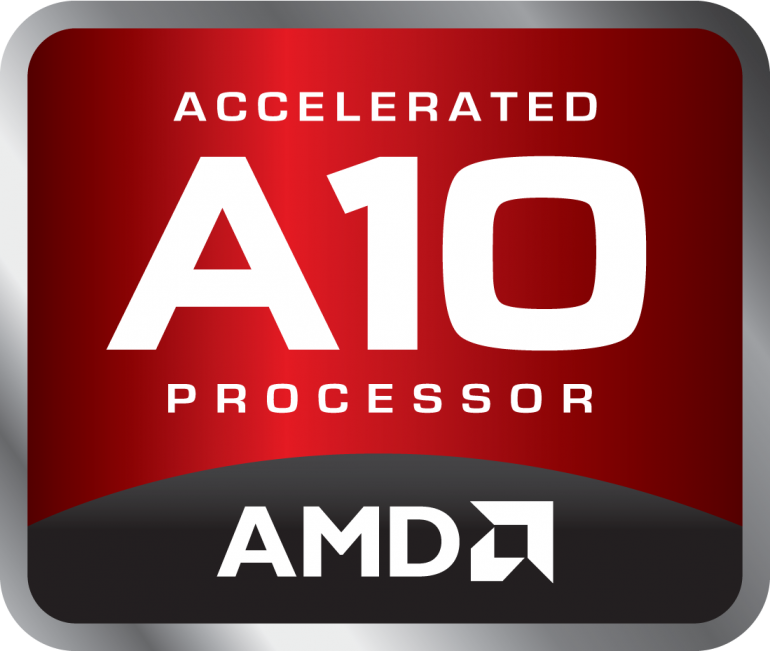Advanced Micro Devices (AMD) today unveiled the first Godavari chip, called A10-7870K. The new accelerated processing unit (APU) acts as a replacement for the current top AMD Kaveri chips and offers several unique technologies that may make it a hit on the APU market such as best-in-class experience for eSports and online gaming, support for DirectX 12 and more.
“AMD takes a major step forward today by unveiling the world’s most advanced eSports and online gaming processor technology in the A10-7870K APU, giving players the ability to game like a pro without spending like one,” said Matt Skynner, corporate VP and general manager, Computing and Graphics Business Unit at AMD. “eSports is one of the fastest-growing pastimes in the world with hundreds of millions of gamers worldwide playing games like StarCraft II, League of Legends, DOTA 2 and Counter-Strike: Global Offensive. With the new A10-7870K APU, gamers can play the most popular online and eSports games right out of the box with features to make that experience even better.”
The new AMD A10-7870K Godavari APU features 12 processing cores, four of which act as CPU cores and the remaining eight working as GPU cores. The chip reaches 4.1 GHz in clock speed, although we suspect that this is the highest Turbo frequency, and has TDP of 95 watts. The chip is fully compatible with all upcoming Windows 10 features and offers support for DirectX 11, DirectX 12, C++ AMP and OpenCL 2.0. The included Heterogeneous System Architecture (HSA) allows software to use the CPU and GPU cores for computing purposes at the same time, which increases performance in certain cases. In addition the chip sports the Virtual Screen Resolution (VSR) technology, which improves the quality of graphics when playing games at low resolution and AMD FreeSync technology which synchronizes the frame rates of the GPU and the computer display.
The new AMD A10-7870K Godavari processor is compatible with FM2+ motherboards and the only thing that you may need is a BIOS update. The new chip costs USD 137.
Source: AMD
